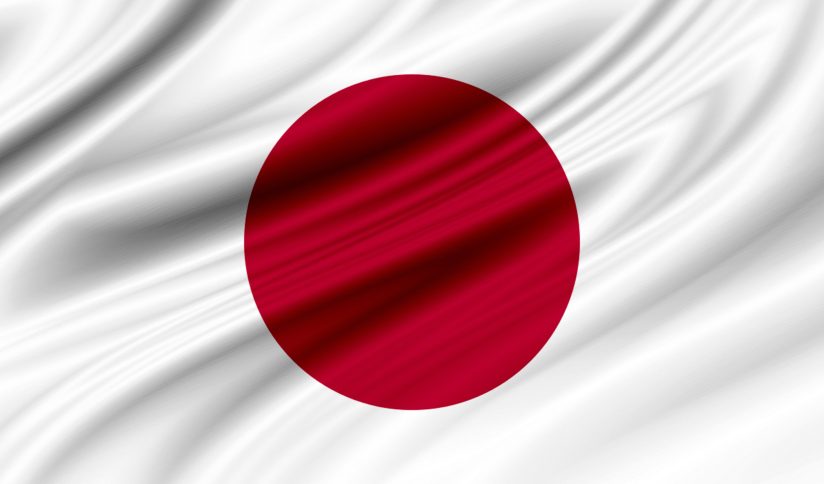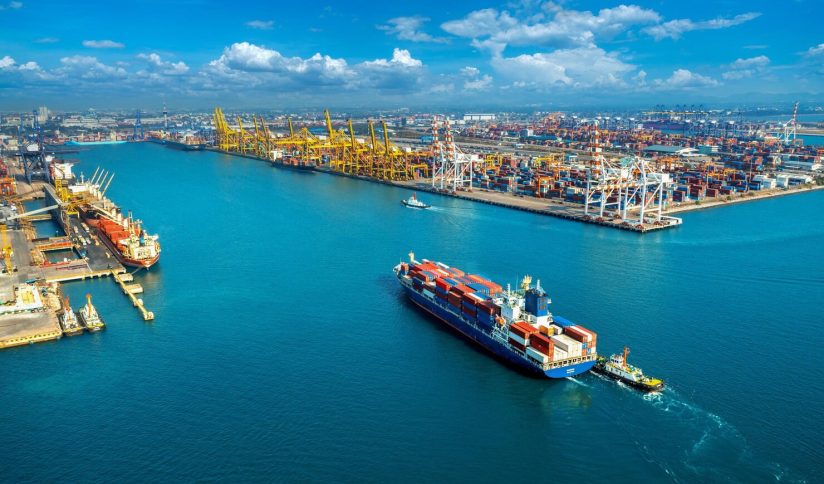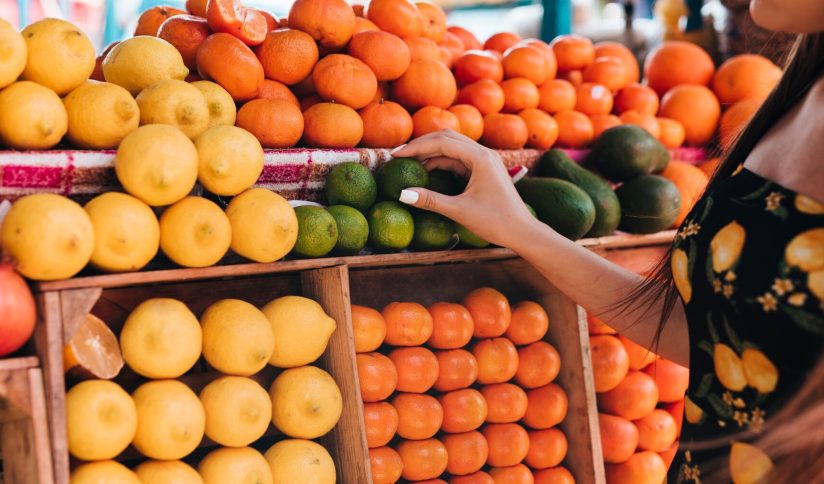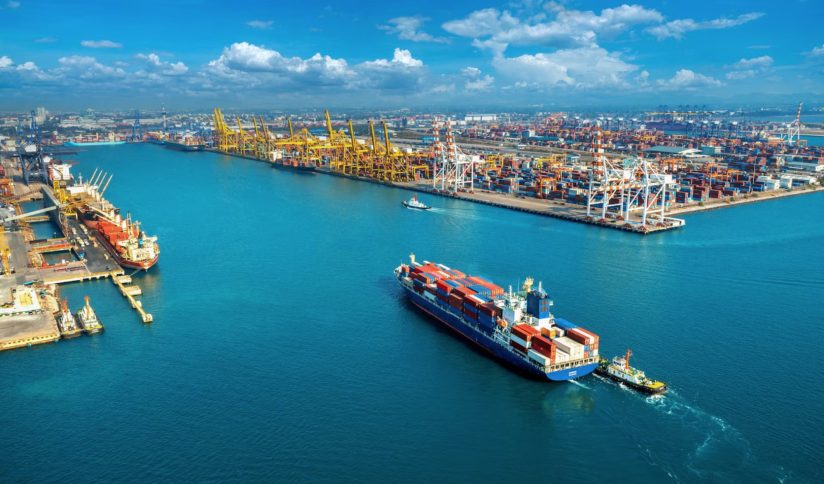What should you know about importing fruit wine from abroad?
September 19, 2023 | 1956 views
Most fruit wines typically contain alcohol in quantities not exceeding 15% of the wine volume per bottle. Legally, they fall into the category of ‘liqueurs’ under the Alcohol Act B.E. 2493, and are subject to the related laws and taxes, similar to other types of alcoholic beverages. Importers must adhere to this law. Key relevant agencies include the Excise Department (related to alcoholic taxes) and the Customs Department (related to imports)
Requirements for Importers of Fruit Wine
- Obtain a license from the Excise Department to legally produce fruit wine.
- Acquire a Tax Identification Number (TIN) in either an individual or corporate format, depending on your business structure.
- Register for Value Added Tax (VAT) if your annual income from fruit wine sales exceeds 1.8 million Thai Baht. If your income is below this threshold but you wish to register for VAT.
- Register your business with the Department of Business Development, Ministry of Commerce.
Procedures for importing wine from abroad
- Register as an importer-exporter and customs clearance agent with the Customs Department.
- Apply for a license to sell alcoholic beverages, type 1, and a license to import wine from the Department of Excise.
- Submit the Excise Tax Return form (Form SOR.103).
- Pay the excise tax for wine before passing it through customs.
- Notify and request the closure and destruction of excise stamps for alcoholic beverages.
- Submit the import customs declaration form and pay the value-added tax along with the import duties as per the customs import procedure.
What you should know about importing wine
- Entry through designated customs: Importation must occur through the designated customs checkpoints.
- Must follow the import procedure steps: Adherence to the import procedure steps is mandatory.
- Seal and cancel the excise stamps: The excise stamps must be sealed and canceled.
- Prepare the purchase tax report: Compile a report detailing the purchase tax.
- Submit the Value Added Tax (VAT) form: File the Value Added Tax form with the relevant authorities
- The label must specify the type of liquor (fruit wine), product name, and name of the licensee. Production location Main components of wine, alcohol strength, package size, date of packaging. and warnings as announced by the Ministry of Public Health
Source : MOF Tax Clinic
Was this article helpful?
YesNo





